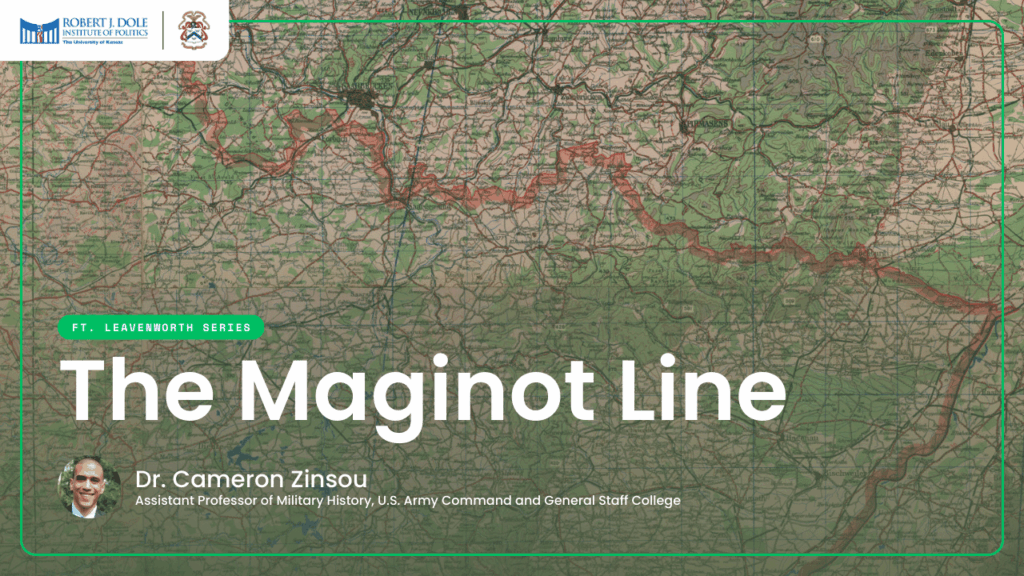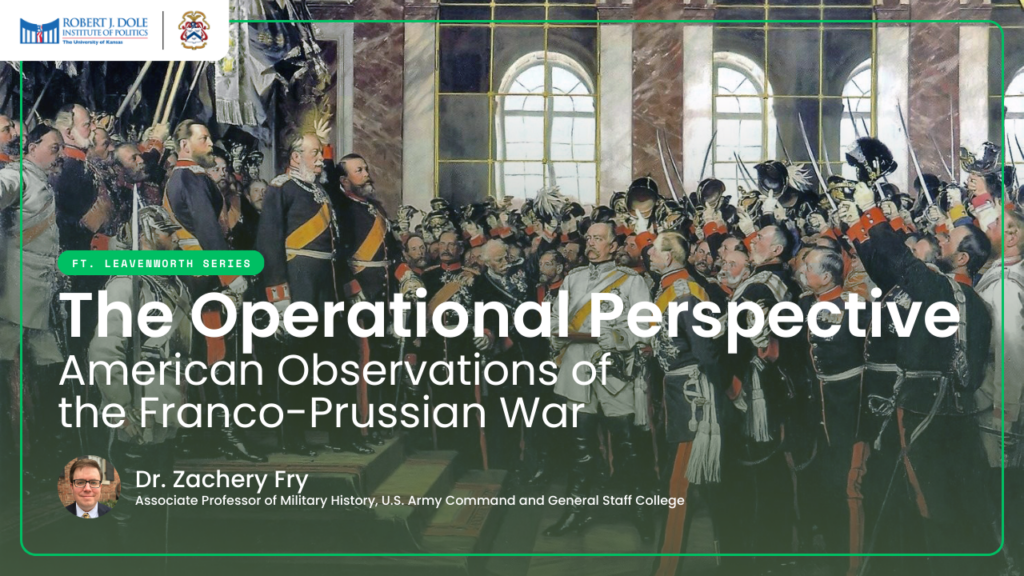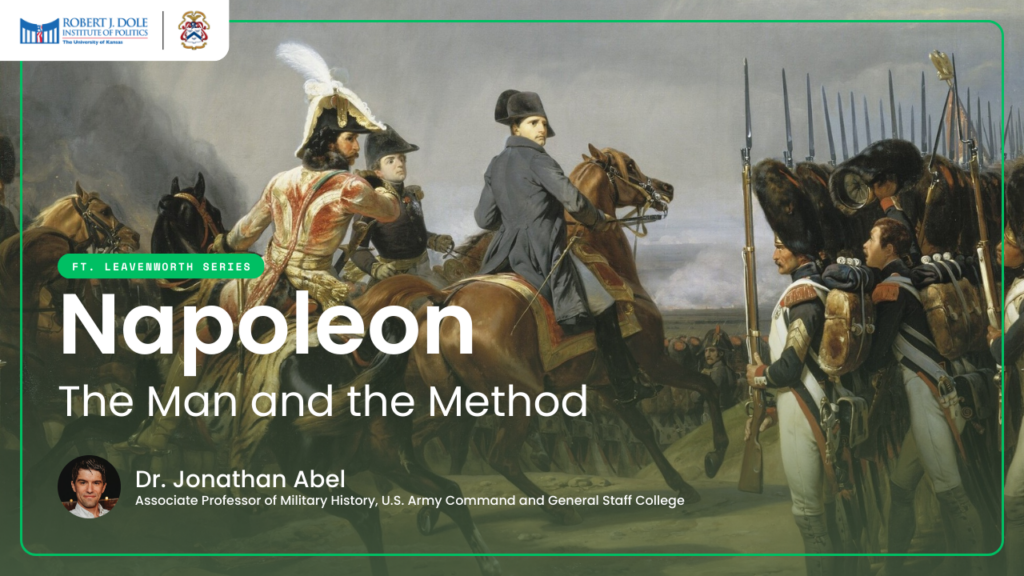
- This event has passed.
Robert Fulton: Submarines, Mines, and Torpedoes
March 5, 2025 @ 3:00 pm - 4:15 pm

Robert Fulton is best known for the first commercially successful steamboats plying the Hudson River. However, he did considerable work inventing and developing weapons of naval warfare: workable submarines, underwater mines, underwater cannons, and skiff-propelled torpedoes. Perhaps his crowning contribution to naval warfare was the Demologus (Voice of the People) – the world’s first steam-powered warship with 5-foot-thick walls and carrying sixteen 32-pounder guns for the protection of New York Harbor.
Dr. Richard V. Barbuto is a Professor Emeritus of Military History and former Deputy Director of the Department of Military History at the U.S. Army Command and General Staff College, Fort Leavenworth, Kansas before retiring in 2016. He received his Ph.D. in History from the University of Kansas in 1996. Graduating from West Point in 1971, Dr. Barbuto served twenty-three years as an armor officer with assignments in Europe, Canada, and Korea as well as various locations in the U.S. While on active duty he was on the teaching faculty in the Military Science Department at Eastern Kentucky University, the Land Studies Department at the Canadian Forces Command and Staff College, as well as two tours with the Combat Studies Institute at Fort Leavenworth. In 2001, after his retirement from active duty, Dr. Barbuto joined the teaching faculty at the Department of Military History at USACGSC. In 2000 The University Press of Kansas published Niagara 1814: America Invades Canada. This was the first book-length examination of the four-month campaign along the Niagara River which included the battles of Chippawa, Lundy’s Lane, and the Siege of Fort Erie. Dr. Barbuto is a regular presenter at the War of 1812 in the West Symposium and has made several presentations on other key campaigns of the War of 1812. His current interest is to fill the void of unit histories of the American Army 1812-1815, particularly regular army units raised in New York State.
The Ft. Leavenworth Series is an annual roster of lectures focusing on significant historical events, usually with an emphasis on military history. Each lecture is presented by faculty from the United States Army Command and General Staff College in Ft. Leavenworth, Kansas. Established by General William Tecumseh Sherman in 1881, the CGSC is the graduate college for U.S. Army and sister service officers. The esteemed faculty and guests of the CGSC provide unique and captivating insights into the history of military conflict from the ancient to the modern ages at the Dole Institute of Politics.
The opinions expressed herein are those of the individual and do not necessarily represent the views of the U.S. Army Command and General Staff College or any other governmental agency.


